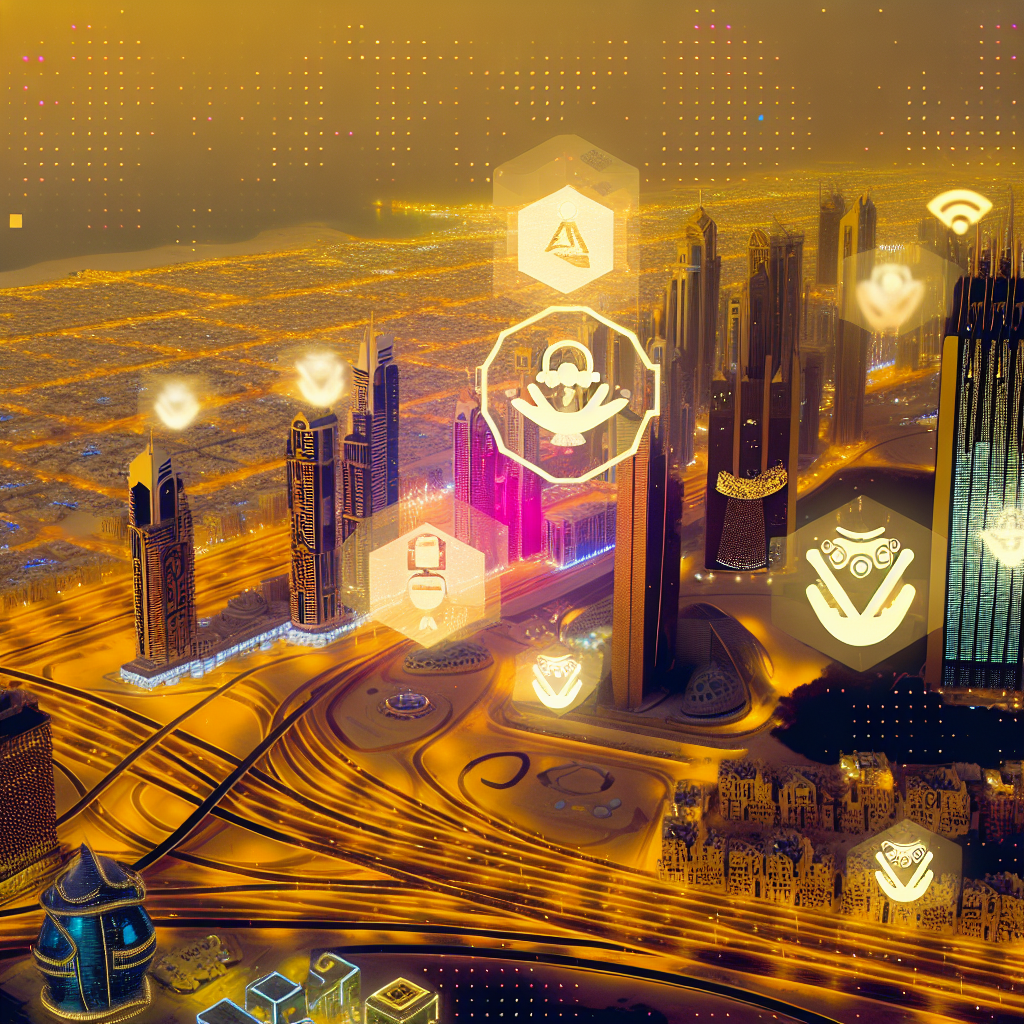The decentralized physical infrastructure (DePIN) protocol, peaq, has entered into a memorandum of understanding with Dubai’s Virtual Assets Regulatory Authority (VARA) to establish a regulatory framework for on-chain robotics and tokenized machines.
In a press release released on Thursday, the memorandum focuses on peaq’s Machine Economy Free Zone, along with collaborative efforts that include guidance for projects aiming to obtain VARA licenses, joint technology and compliance training initiatives, and data sharing to facilitate research and regulation.
In July, the Machine Economy Free Zone was launched as a controlled setting to explore the integration of robotics and AI within decentralized networks.
Max Thake, co-founder of peaq, mentioned that the agreement “signifies a vital commitment by both parties to realize the Machine Economy in a compliant manner, empowering individuals to participate, build, and benefit from a completely new economic sector.”
Peaq serves as a layer-1 blockchain for the machine economy, a network enabling connected devices and robots to own assets, share data, and generate income. It supports DePIN and tokenized tangible assets.
VARA is the regulatory authority for cryptocurrencies and digital assets in Dubai. Established in 2022, it manages licensing, compliance, and policies for virtual asset enterprises across the emirate.
This announcement came just a week after VARA partnered with DMCC, Dubai’s government-supported commodities and business free zone, to create a regulatory framework for tokenized commodities.
VARA CEO Matthew White stated that the agency’s goal is “to position Dubai as the global benchmark for the safe and sustainable development of this next-generation asset class.”
Related: Singapore, UAE are the ‘most crypto-obsessed’ countries: Report
Dubai and the UAE’s crypto initiative
Since its establishment in March 2022 to oversee crypto and Web3 regulation, VARA has played a key role in transforming Dubai and the wider United Arab Emirates into a global hub for digital assets and blockchain innovation.
On May 19, VARA revised its rulebook for virtual asset service providers (VASPs) in the nation, clarifying the issuance and distribution of RWAs. With these new regulations, individuals can issue RWAs and list them on secondary markets, according to UAE-based law firm NeosLegal.
In August, VARA and the UAE’s Securities and Commodities Authority (SCA) initiated a strategic partnership to harmonize their regulatory approaches to digital assets. Under this partnership, licenses issued in Dubai will be applicable throughout the UAE.
On September 22, the UAE signed the Multilateral Competent Authority Agreement under the Crypto-Asset Reporting Framework (CARF) to facilitate automatic tax information sharing on crypto assets among member countries. The Ministry of Finance announced that the framework will be implemented in 2027, with the first data exchanges scheduled for 2028.
Dubai and the UAE’s strategy regarding digital assets has undeniably attracted a wave of high-net-worth crypto investors. The UAE is now the top destination for relocating millionaires, with approximately 9,800 expected to move there in 2025.
Chase Ergen, a board member at crypto investment firm DeFi Technologies, predicts that the crypto industry will evolve into the UAE’s second-largest sector within five years.
Magazine: Crypto City: Guide to Dubai

